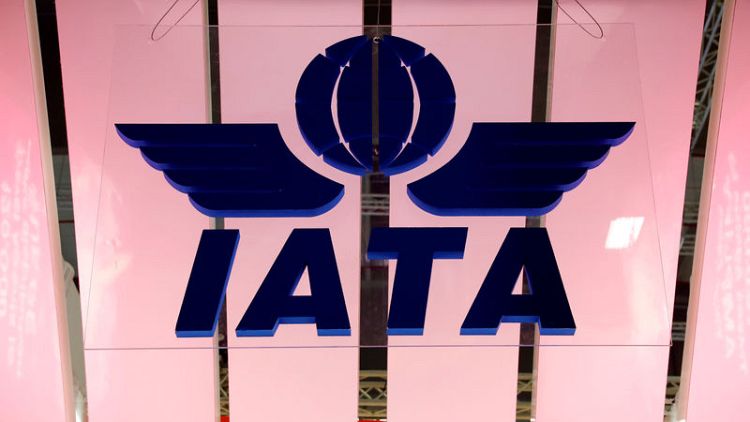LONDON (Reuters) - Flight disruption and chaos for both travellers and cargo could result from a no-deal Brexit, the global airline industry body IATA warned on Wednesday, calling on UK and European Union aviation authorities to work towards maintaining connectivity.
Britain is set to leave the European Union on March 29 2019 but with just five months to go, Prime Minister Theresa May has yet to reach a withdrawal deal and both sides have stepped up preparations for the possibility there will not be one.
The International Air Transport Association (IATA) said on Wednesday that planning for a no-deal Brexit needed to move much faster to ensure that planes can keep flying and that safety and regulatory frameworks continue to function whatever sort of relationship the pair have after March 29.
"It is now essential that the EU and UK civil aviation authorities plan for contingency arrangements to maintain a minimum level of connectivity, which is vital for people and for business," IATA's Director General Alexandre de Juniac said in a statement.
"A backstop contingency plan to keep planes flying after March must be published, and quickly."
The chief executive of Ryanair <RYA.I>, one of Europe's biggest airlines, has warned that if there is a no-deal Brexit, UK flights could be grounded for up to three weeks.
But IATA said it did not expect flights to be grounded in a no-deal Brexit.
"As a short term, emergency fall-back position, we understand that the EU and UK CAA have plans for a ‘bare bones’ agreement ... to ensure at least a basic level of connectivity," IATA said in a study also published on Wednesday.
(Reporting by Sarah Young; editing by Stephen Addison)



